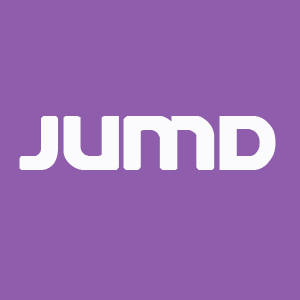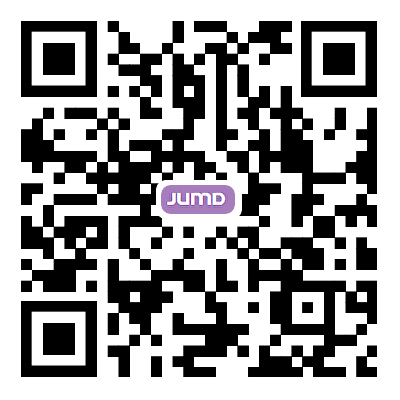Introduction to the first issue of JUMD
It is my privilege to introduce our readers to the first issue of JUMD. It is obvious that what is actually published in medical research is the tip of the iceberg while heaps of useful data that has been generated by thousands of academic institutes is in fact never published.
Universities all over the world produce more data in medical research than they are able to publish, hence a wealth of scientific results, funding and hard work is wasted. Not all research results are conclusive or significant and manuscripts outlining less impactful results are usually not in the scope of traditional journals. Moreover, researchers may consider negative results are less likely to provoke any significant interest or be accepted for publication than positive ones even though they could be relevant to other investigators.
It should be realized on a scientific record scale that the contribution of scientific evidence discovered by studies with negative or statistically non-significant results could be as important as that from published studies with positive or statistically significant results. Non-reporting of such results and favoring only positive results could create bias in the scientific record and disfigure the clinical interpretation of the published evidence. Accordingly, clinical decisions can be unfavorably affected, contributing to sub-optimal health care and opportunities for scientific progress could be missed. Moreover, when research is not publicly reported, colleagues in the same field may never know about it and they may needlessly repeat the same experiments wasting resources and putting extra burdens on laboratory animals.
JUMD was launched to rescue this great wealth of valuable unpublished clinical and medical biological data. This issue contains a mixture of clinical and preclinical scholarly articles. I hope that the fresh insights represented here will be appreciated by clinicians and medical researchers around the world.
Enteral immunonutrition in gastric cancer
Tian et al. (China)
This article compared the efficacy of enteral immunonutrition versus the superior to standard enteral nutrition on postoperative complications and the enhancing of immunity of gastric cancer patients that have experienced gastrectomy.
Association between tumor response and postoperative morbidity after neoadjuvant chemotherapy for gastroesophageal adenocarcinoma?
Ronellenfitsch et al. (Germany)
This article studied potential associations between histopathological tumor response to neoadjuvant therapy and the risk of post-operative complications/morbidity in 61 patients undergoing resection of gastroesophageal adenocarcinoma after neoadjuvant chemotherapy.
Safety and efficacy of biweekly cetuximab based chemotherapy for patients with metastatic colorectal cancer
Zekri et al. (Saudi Arabia)
This article evaluated the safety and efficacy of biweekly administration of cetuximab at a dose of 500 mg/m2 with chemotherapy in 19 patients with metastatic colorectal cancer.
In vivo anticancer efficacy assessment with an imaging-based platform: taking Brucea Javanica oil emulsion as an example
Liu et al.(Belgium)
This article illustrated the therapeutic effects of the Brucea Javanica oil emulsion on rhabdomyosarcoma in rats using magnetic resonance imaging, microangiography and histopathology.
Hormone naïve metastatic prostate cancer: can results of meta-analyses of aggregate data convince oncologists to expand the role of docetaxel?
Zekri et al. (Saudi Arabia)
The authors in this article conducted an aggregated data meta-analysis of reported phase III randomized controlled trials assessing the efficacy of the addition of docetaxel to androgen deprivation therapy on patients with hormone naïve metastatic prostate cancer. The results of their study following a total 2,261 patients between 29 and 50 months concluded that the addition of docetaxel to androgen deprivation therapy improves overall survival of patients with hormone naïve metastatic prostate cancer.
Cite This Article
How to Cite
Download Citation
Export Citation File:
Type of Import
Tips on Downloading Citation
Citation Manager File Format
Type of Import
Direct Import: When the Direct Import option is selected (the default state), a dialogue box will give you the option to Save or Open the downloaded citation data. Choosing Open will either launch your citation manager or give you a choice of applications with which to use the metadata. The Save option saves the file locally for later use.
Indirect Import: When the Indirect Import option is selected, the metadata is displayed and may be copied and pasted as needed.
About This Article
Copyright
Author Biographies

Data & Comments
Data













Comments
Comments must be written in English. Spam, offensive content, impersonation, and private information will not be permitted. If any comment is reported and identified as inappropriate content by OAE staff, the comment will be removed without notice. If you have any queries or need any help, please contact us at [email protected].